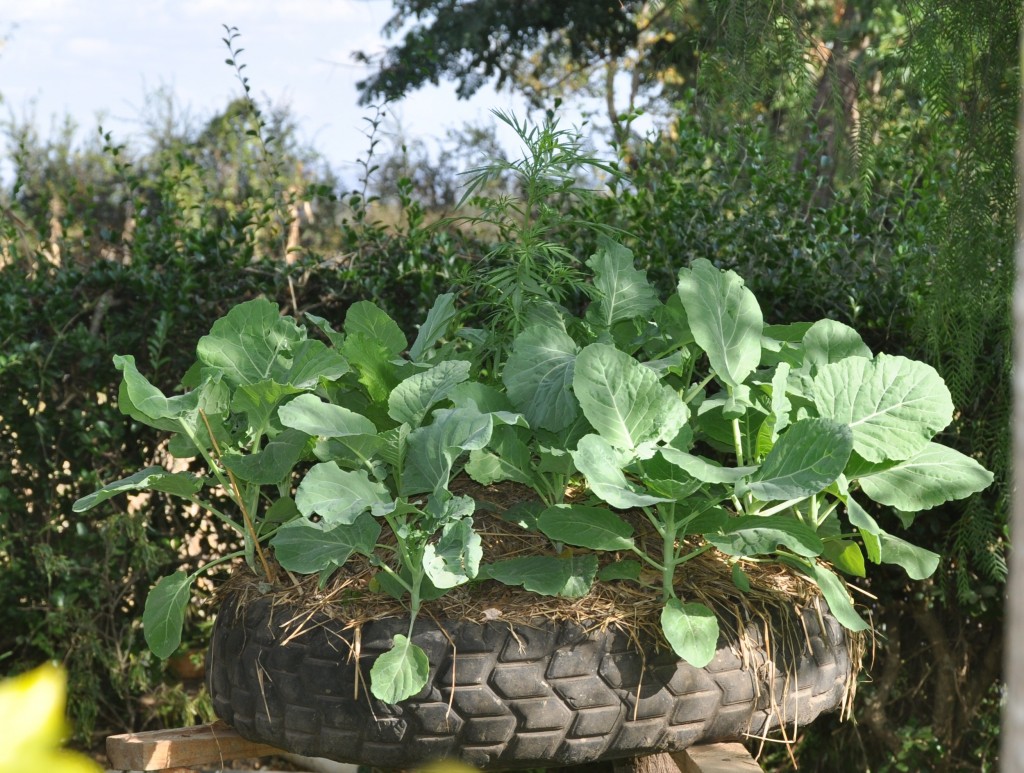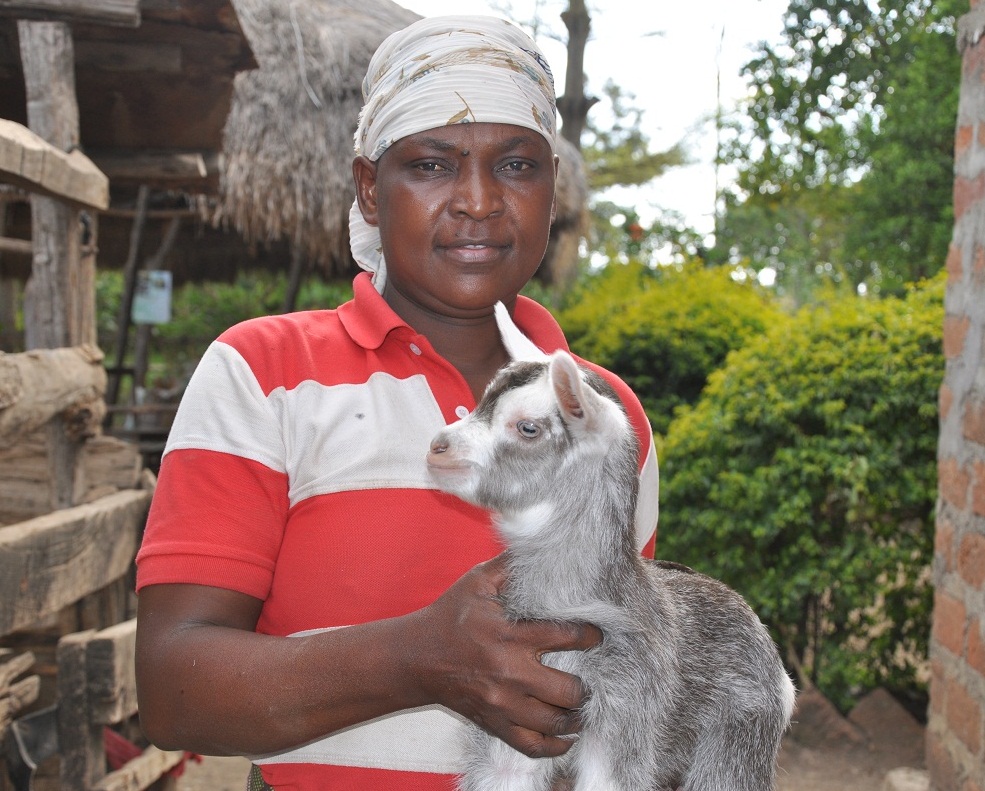After our descent from Kilimanjaro with the group of Elanco employees who are Heifer International supporters, I had the opportunity to visit the Kitomary family in Tanzania.
The Kitomary family farm is a miraculous oasis of organic farming outside the city of Arusha in Tanzania. It wasn't always that way, though.

Zodiac Kitomary used to drink away the meager earnings of his family's simple plantings. He had nothing better to do, he says, no hopeful prospects. Then in 2003, the family received fish fingerlings from Heifer, and later, dairy goats. More importantly, Zodiac says, they received trainings on how to maximize the output of their tiny property and on how to work together.

His wife, Ndetaniawa, says Heifer trainings taught a different attitude, calling for husband and wife to work together and value each other. She confronted her husband and asked him to stop drinking. "Now," she says, "everything that comes from the farm, everything we make, we share together equally."
And they manage to squeeze a lot out of the farm. One and a half acres, they observe, is not a lot to raise six children on. They've enthusiastically adopted all kinds of organic techniques so that every inch of the farm serves more than one purpose.

The fish fingerlings the Kitomarys raise are sold all over the region. They have a biogas system run with the dung of their dairy goats, which they continue to breed. And they're raising specialty crops like herbs, greens, yams and fruit trees.
With their earnings, the family is sending all six children to good schools. One is even at university now.
"Many people are amazed," Zodiac Kitomary says. "They think I must still be getting financial assistance. But really I just keep applying the training, and that's what makes it possible."